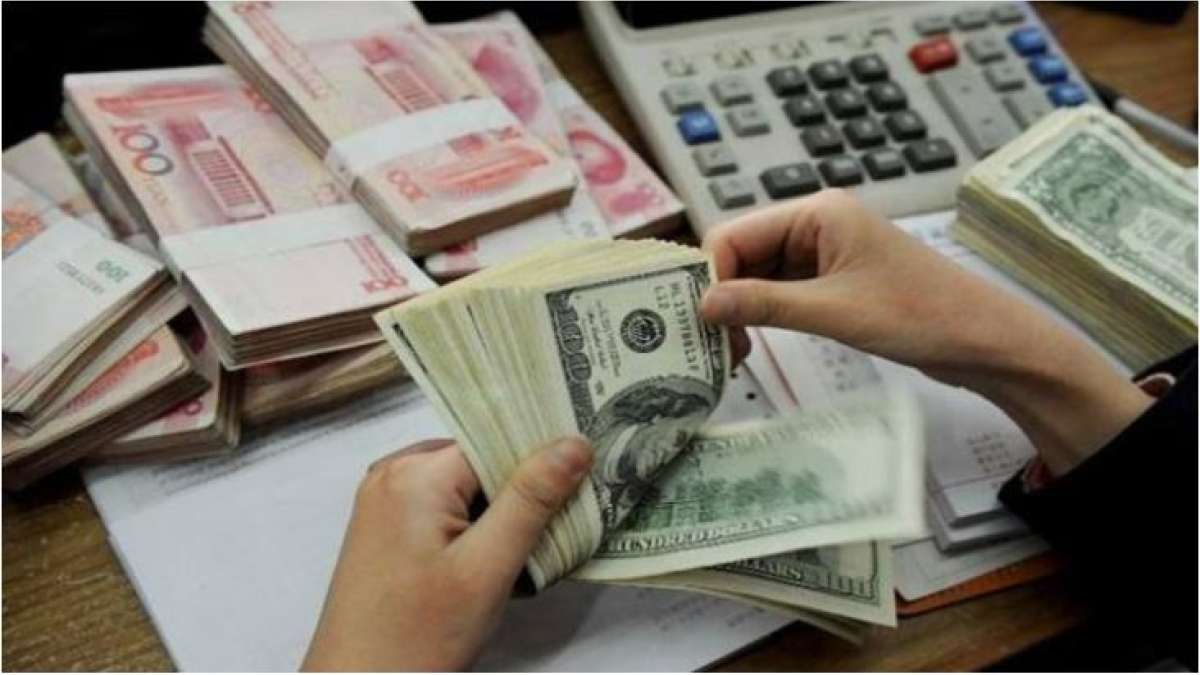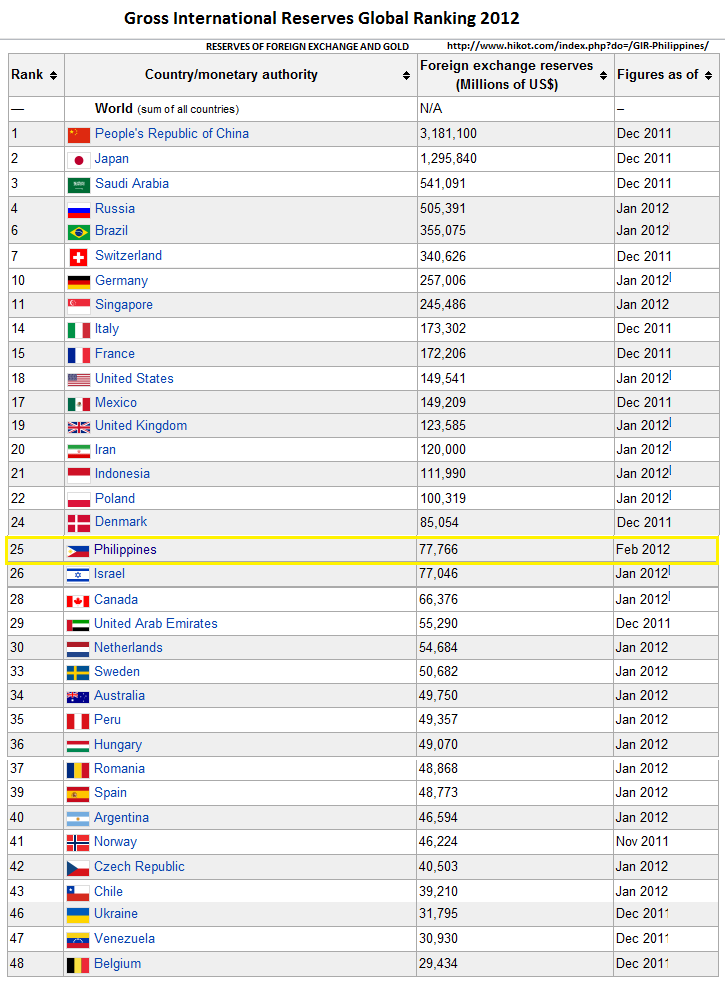In today’s interconnected world, understanding foreign exchange rates is no longer a mere convenience but an essential skill for individuals and businesses alike. Forex rates hold the key to connecting economies, facilitating trade, and shaping our financial decisions. Whether you’re planning an overseas vacation, expanding your business globally, or simply keeping abreast of economic trends, forex rates are your roadmap to navigating the complexities of international finance.

Image: www.indiatvnews.com
Forex Explained: The Gateway to Global Markets
Foreign exchange, commonly known as forex, is the process of converting one currency into another. As economies interact and trade with each other, the value of their currencies constantly fluctuates, influenced by economic factors, political events, and global sentiment. Understanding these fluctuations and their underlying causes is crucial for making informed decisions in international finance.
Types of Forex Rates and Their Significance
- Spot Rate: The current market price of a currency for immediate delivery (within two business days). Spot rates are often used for short-term currency exchanges.
- Forward Rate: The agreed-upon price to exchange a currency at a specified future date. Forward rates are valuable for hedging against future currency fluctuations.
- SWAP Rate: Represents the cost of exchanging one currency for another and then swapping them back at a later date. SWAP rates are crucial for businesses and investors looking to lock in exchange rates over a specific period.
Factors Influencing Forex Rates: A Complex Web of Economic Determinants
The fluctuations in forex rates are primarily driven by economic fundamentals, including:
- Interest Rates: Central bank decisions on interest rates can significantly impact currency values. Higher interest rates attract foreign investment, boosting demand for the currency and pushing up its value.
- Inflation: Higher inflation can erode the purchasing power of a currency, making it less valuable compared to others. Conversely, low inflation can support currency value.
- Economic Growth: Strong economic performance indicates a nation’s economic health and productivity, increasing demand for its currency and hence its value.
- Political Stability: Political turmoil and uncertainties can lead to currency instability and depreciation. Investors tend to shy away from currencies of countries facing political unrest.
- Global Economic Conditions: Economic trends and events worldwide, such as global growth projections and commodity prices, can impact currency values.

Image: equlogosat.web.fc2.com
Forex and International Business: Maximizing Opportunities, Minimizing Risks
Forex rates play a pivotal role in international business. Exporters benefit from favorable exchange rates, as they can sell their products abroad at more competitive prices. Importers, on the other hand, must monitor exchange rates closely to manage costs. By understanding forex dynamics, businesses can make informed decisions to minimize risks and maximize profits.
- Hedging Currency Risk: Forward contracts and currency options are effective tools for businesses to hedge against potential losses due to adverse currency fluctuations.
- Locking in profits: When a favorable exchange rate arises, businesses can use forward contracts to lock in a specific exchange rate for future transactions, ensuring a guaranteed profit margin.
- Managing costs: Companies importing goods can use forex futures to secure favorable exchange rates and manage their costs more effectively.
Forex Trading: A Market for Speculators and Investors
Beyond international trade, forex rates also drive a global currency trading market, where speculators and investors seek profits by exploiting currency fluctuations. Forex trading is characterized by:
- High Liquidity: Forex is the world’s most liquid market, with trillions of dollars traded daily, providing ample opportunities for traders.
- Leverage: Forex trading allows traders to use leverage, potentially increasing their profits but also their risks.
- 24/7 trading: Unlike traditional stock markets, forex trading takes place around the clock, providing traders with flexible trading hours.
Navigating the Forex Market: Tips for Success
- Stay informed: Monitor economic data, news, and geopolitical events that influence exchange rates.
- Choose a reputable broker: Find a reliable forex broker that offers competitive spreads and low commissions.
- Start small and learn gradually: Forex trading involves risks. Begin with small trades and gradually increase your participation as you gain experience.
- Develop a trading strategy: Determine your risk tolerance, trading goals, and trading strategies that align with your objectives.
- Practice with a demo account: Many forex brokers offer demo accounts where you can practice trading without risking real capital.
Forex Rates In International Finance
Conclusion: The Key to Unlocking Global Opportunities
Understanding forex rates empowers you to participate effectively in a globalized economy. Whether you’re a traveler, a business owner, an investor, or simply curious about the world of finance, forex rates are your gateway to a wider understanding of economic forces and their impact on your life. Embrace the complexity, stay informed, and let forex rates guide your decisions, unlocking the opportunities that the interconnected world has to offer.






